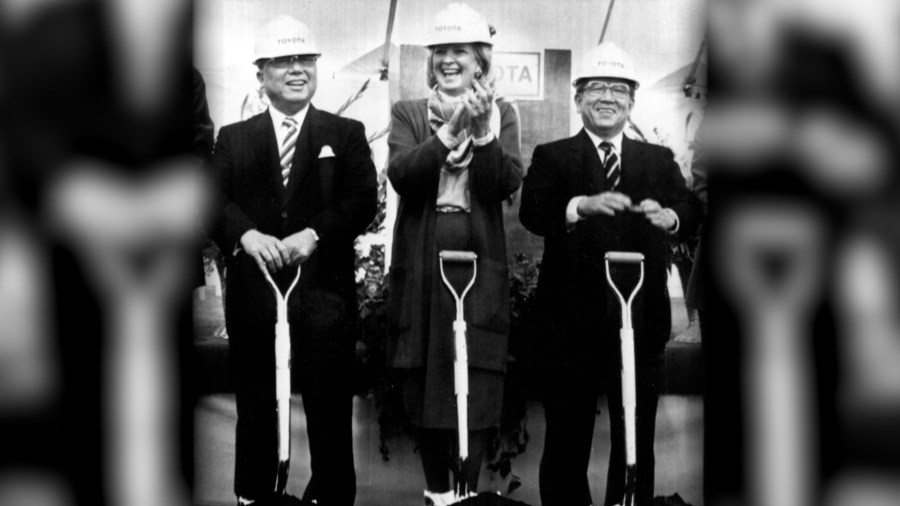
A Trailblazing Leader in Kentucky Politics
Martha Layne Collins was a woman of many names, but her legacy as a leader and trailblazer remains unmistakable. She served as the first and only female governor of Kentucky, making history during a time when women in politics were still a rarity. Her journey from lieutenant governor to the state’s highest office marked a significant shift in the political landscape of the Commonwealth.
Collins took on the role of lieutenant governor under John Y. Brown Jr., and later won the governor’s seat in 1983, serving until 1987. At that time, Kentucky governors were limited to one term, which made her victory even more remarkable. As a woman in a male-dominated field, she had to prove herself repeatedly. Her campaign required not just policy proposals, but also personal connections and trust-building with voters.
“She and her people probably realized that Kentucky was not going to elect a woman governor unless a lot more voters than usual had looked her in the eye, shaking her hand, and took her measure and thought, this person can do this job,” said Al Cross, a former political writer for the Courier Journal. Collins narrowly won the Democratic primary in 1983 against strong contenders like Harvey Sloane, the mayor of Louisville, and Grady Stumbo, who had previously held the position of Kentucky Human Resources Secretary.
A Visionary Leader with Lasting Impact
Beyond her historic role as a female governor, Collins is remembered for her forward-thinking leadership. One of her most notable achievements was helping bring the Toyota manufacturing plant to Georgetown in 1986. This project transformed Central Kentucky and had a ripple effect across the region and beyond.
“Going out on a limb and getting the Legislature to support her opening of the Toyota plant in central Kentucky, that transformed Central Kentucky,” said Denis Fleming, author of “Thomas Jefferson and the Kentucky Constitution.” The impact of this decision was far-reaching, creating jobs and boosting the local economy.
Fleming also highlighted the personal side of Collins, which wasn’t always visible to the public. He recalled sitting next to her at a dinner with former governors in the late 1990s. “I just remember her as being very determined and accomplished and casual and funny. You can’t underestimate her sense of humor.”
Challenges and Controversies
Despite her successes, Collins’ career was not without challenges. A scandal involving her husband’s financial dealings in 1992 affected her reputation. While she may not have been directly involved, the incident cast a shadow over her tenure. “She was probably not aware of that, but she should have been aware of that. And that’s really the black mark on her career in politics,” Cross said.
However, Collins remained focused on her role as a leader. In a 1992 interview with the Nunn Center for Oral History at the University of Kentucky, she reflected on her identity as a governor. “I didn’t really think of myself as a woman governor. I thought of myself as the governor, and I had to make the decisions and do the leadership that a male would have to do, or whatever.”
A Legacy That Endures
Collins also spoke about how she hoped to be remembered. “I hope that in some way, when I die, that people remember me as someone who Kentucky’s a little better off for her having come this way,” she said. Her words continue to resonate today, especially as the state honors her contributions.
Her legacy extends beyond her time in office. She opened doors for future generations of women in politics, proving that leadership is not defined by gender. Her determination, vision, and commitment to the Commonwealth left a lasting impact that continues to shape Kentucky’s political and economic landscape.

Post a Comment